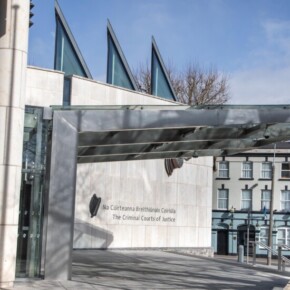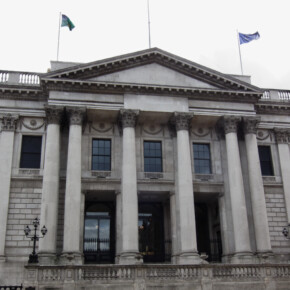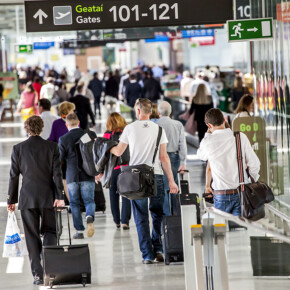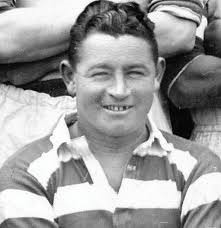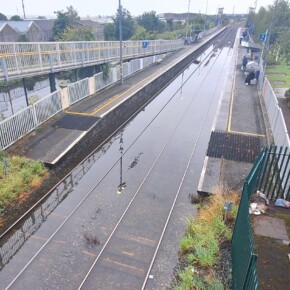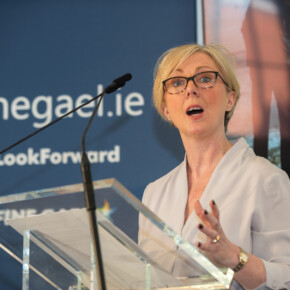O’Gorman open to Labour and Soc Dem co-operation after election
Mike Finnerty 16 Sep 2024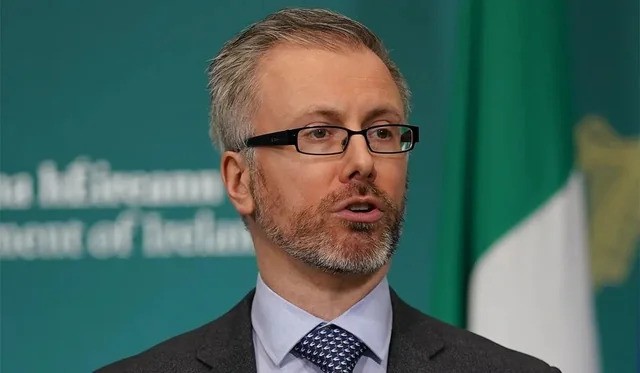
Green party leader Roderic O’Gorman has said that his party would attempt to negotiate with Labour and the Social Democrats on key policy positions before engaging with Fianna Fáil and Fine Gael in the post-election scramble.
This week sees the return of the Dáil with parties such as the Greens, Fianna Fail and Sinn Féin holding think-ins, and for some parties, it is a chance to reflect on June’s local and European elections.
June proved to be a very tough outing for the Greens, losing both of their MEPs (Dublin’s Ciaran Cuffe and Ireland South’s Grace O’Sullivan), and in terms of Dublin, lost all of their seats on South Dublin County Council, lost seats on Dublin City Council and were reduced to one seat on Fingal County Council.
Last year’s Dáil constituency redrawing exercise meant that 88 seats is now the magic number to form a government, and O’Gorman has now said that he’d look to try find common ground on the centre-left with his party, Labour and the Social Democrats.
Following the 2020 general election, the three parties had a combined total of 24 Dáil seats; a similar result in a new general election would make them a key part of government formation.
Speaking to reporters at the Greens’ think-in, he told RTÉ “engaging with parties with like-minded positions to us on supporting children and families gives us the strongest position to get policies implemented.”
“So I will talk initially to parties that are close to us in terms of policy, but I remain open to talking and working with all parties to negotiate a programme for government, but it has to be one centred on Green policies.”
He repeated a line often used by Eamon Ryan when asked to defend the Greens teaming up with Fine Gael or Fianna Fáil; “The Green Party will always ultimately stand and advance our policies and our political objectives.”
The Dublin West TD mused that his party are often seen as the “boogeyman” of Irish politics, but expressed confidence in his party in the general election (which, for the record, he said was a matter for Taoiseach Simon Harris to decide and expected to be kept in the loop about).
In Cabra-Glasnevin, where Sinn Féin ran four candidates, first-time candidate Feljin Jose topped the poll after a marathon battle with left-wing independent councillor Cieran Perry.
In South-West Inner City, councillor Michael Pidgeon was elected on the first count, while former Lord Mayor Hazel Chu also pulled off a similar feat in Pembroke.
In South-East Inner City, Claire Byrne also topped the poll in a highly competitive ballot paper.
Results such as this, O’Gorman opined, showed that the public at large still bought into the Green project.
O’Gorman succeeded Eamon Ryan as Green leader in July, with Ryan and deputy leader Catherine Martin both stepping down following June’s election results.
Speaking on the campaign trail, O’Gorman said that his party was “open” to working with Labour and the Social Democrats after the next general election (but pointedly, not before).
These recent comments indicate that in the milieu of post-election horse-trading, the Greens will look to hitch their post to the Social Democrats, who have managed to steal a large chunk of the Greens middle-class progressive vote from 2020, and to Labour, a party that is heading into the general election full of uncertainty.
The Greens and Labour are part of the governing coalition that runs Dublin City Council, leaving their fellow left parties, Sinn Féin and the Social Democrats, in opposition.
The issue of local property tax caused the “progressive alliance” to fall apart, with too much distance between the Greens and Labour on one side and Sinn Féin and the Social Democrats on the other.
In recent weeks, Paul Murphy’s proposed left-wing alliance, similar to what was achieved in France this summer, has fallen apart with People Before Profit now indicating they are no longer comfortable with the idea of co-operating with Sinn Féin following their recent pivots on social issues.
With all signs pointing towards Fine Gael and Fianna Fáil likely to repeat their grand coalition, whoever is holding the cards on the left side of Irish politics are sure to be kingmakers.



